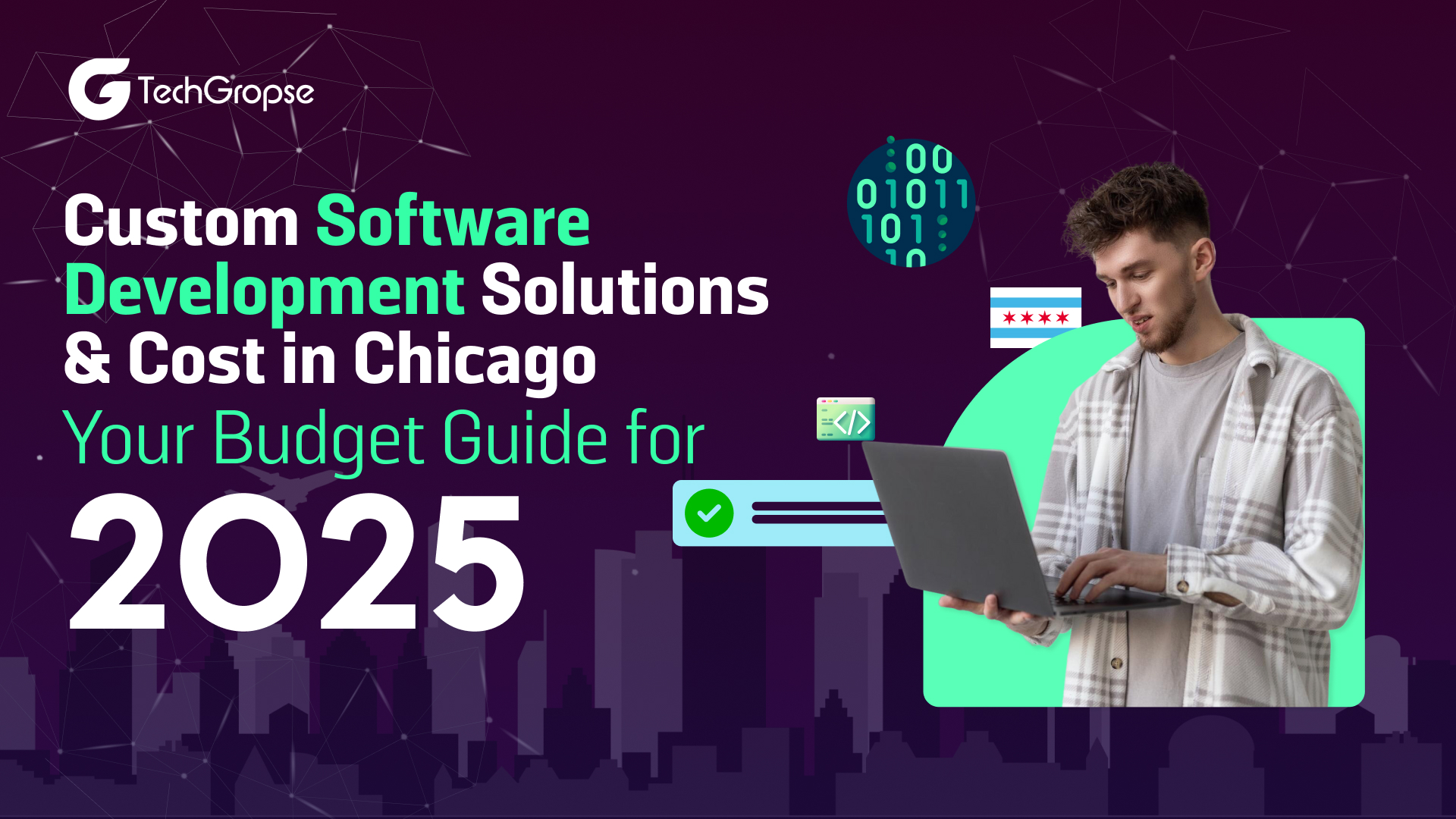Blockchain is a decentralized ledger technology that allows information sharing across different party members within a network. The technology disallows the participation of any third-party participants in the process. It engages faster, cheaper, and more efficient options than conventional ledger and data storage technologies. Hence, the government and public organizations like banks, hospitals, electrical grids, and telecommunications, also started moving towards Blockchain technology and its applications.
Smart Contracts are among the most popular applications of Blockchain technology. It is effectively facilitating businesses with reduced costs of the transaction. Ethereum is considered the most effective distributed computing platform and operating system that features Smart Contracts.
For example, when a user purchases a car or a house, there are many complexities related to agreements a user has to go through and conform to them ultimately to make a final deal working out. Industry leaders mulling on to eliminate such complexities have given a pace to an idea through which they could digitize the entire paperwork and in-person communication where it becomes quite hectic to make things work out even after having a pre-discussed form of contracts or agreements.
Here we will focus on a complete demonstration of Smart Contracts, starting from introducing the use cases in different processes.
What are Blockchain Smart Contracts?
Smart Contracts are the lines of code stored in a Blockchain computer in the form of a codified set of rules. The system performs a particular action when the predetermined terms and conditions are verified and conformed to each other.
At the core of this mechanism, Smart Contracts on Blockchain are the programs running after meeting specific conditions stored by the developers. There are so many institutions throughout the world that have leveraged the advanced benefits of Smart Contracts in the form of reduced cost and faster executions in different processes.
Implementation of Blockchain technology’s revolutionary application has almost ended any third-party or intermediary engagement in business collaborations because Blockchain technology is highly secured and transparent. Users can find many use cases of Blockchain Smart Contracts in different fields and industries such as the e-commerce industry, real estate, finance industry, etc.

What Do Blockchain Smart Contracts Do?
Blockchain applications characterize staunch programmability and digitized processes. Smart Contracts in blockchain explicitly indulge functionality that can be wrapped far off an abstraction layer.
Smart Contracts play a significant role by streamlining the complicated processes involving third parties hindering end-to-end communication between the trusted participants of any particular transaction.
With Smart Contracts, a Blockchain computer directly initiates a credit account to your bank, the dealer, and the source of finance that will always operate on an agreed set of rules and protocols or agreements in the form of code stored on the Blockchain computer. The right of ownership is only transferable based on transactions recorded to a Blockchain. It can be checked and verified by the authorized participants anytime.
How Do Blockchain Smart Contracts Work?
Smart Contracts in Blockchain follow the “if this then that” rule in the codified agreements written and stored on a Blockchain. A network of computers is responsible for executing the codes and releasing funds to the eligible parties when a predetermined set of conditions conforms.
Blockchain and Smart Contracts standardize with the help of a contract standard, particularly the ERC-20 standard that enables the faster creation of digital assets like cryptocurrencies over a Blockchain platform network. Standards like ERC-721 for items required with more business outcomes can also be used in Smart Contracts for widespread utilization.
Let’s understand this with a supply chain example where a buyer A intends to purchase a product from Seller B.

Terms established by participants of a Blockchain platform determine the representation of transactions and data. They agree upon the rules and conditions initiating transactions and explore the possible exceptions with a framework designed for resolving any process-related disputes. As an iterative and automated process, the process requires smart engagement by both developers and business stakeholders.
Advantages of Smart Contracts in Blockchain
Blockchain Contracts facilitate users with many advantages in terms of enhancing the ways they accomplish transactions through agreements.

-
Fast and Precise
As Smart Contracts in Blockchain indulge a fully automated execution of transactions, it indeed saves the time taken in conventional paperwork or elimination of manually committed errors. With computer codes tested before being implemented in real-time, it becomes more probable to have flawless transactions.
-
Credible
Since the information stored on a Blockchain using Smart Contracts is not possible to alter, encrypted bitcoin smart transaction records make it feasible for all participants to not doubt the exploitation of information with several benefits.
-
Secure
Blockchain technology is secured as everything is encrypted. Hence it is hard to breach the security of a chain of records in a distributed ledger. It is also the reason why Smart Contracts are one of the most significant features of Blockchain.
-
Transparent
Through Ethereum Smart Contracts, every single condition is understandable for all the participants and not to alter. It makes Smart Contracts a way to create sustainable codified agreements.
Use Cases of Smart Contracts in Blockchain Technology
Blockchain and Smart Contracts are futuristic terms of technology expected to transform the ways people perform different operations like purchasing, selling, and participating as a dealer. Several fields and industries are utilizing the advanced applications of Smart Contracts these days.

-
Trade Finance
Ethereum Smart Contracts can play a significant role in fastening international transfer of goods through a Letter of Credit and other features like trade payment initiation that can indulge high flexibility into the process. It can help all participants, including buyers, suppliers, and organizations.
-
Healthcare
The world’s leading healthcare institutions and organizations are now utilizing Blockchain to record their patients’ data in millions. Through Smart Contracts in Blockchain, organizations can leverage a secure and flexible record of their patients’ information at reduced costs.
-
Mortgages
Smart Contracts provide participants with the facility to agree to the bilateral conditions before the funds get processed. With the smart contract for encrypted payments, the property owner can be transferred between the parties as the payment and land records are released after the loan gets paid. The process becomes secure with a unique key code authorization done on behalf of the real owner.
-
Supply Chain
Smart Contracts feature real-time visibility of each step in the entire process of Supply Chain Management. IoT devices can monitor every single step with its movement from one process part to another. They can effectively address the typical verification issues and threats during this significant process where companies and individuals must remain attentive for all the products and facilities serving within.
Conclusion
Blockchain is a new technology in the market, and it could be a little bit confusing if you don’t understand its complete architecture. On the other hand, smart contracts have indulged in routined transactions that streamlined and automated processes with the help of advanced features of Blockchain technology. The foundation of Smart Contracts majorly comprises interfaces, business protocols, and sophisticated information records.
This technology has introduced many revolutionary features for public and private institutions to have smart, sustainable, and simple agreements, even for the most expensive and sensitive deals that may sometimes affect many people’s lives.
As blockchain smart contracts revolutionize industries like finance, real estate, and supply chain, businesses in Atlanta, Chicago, Los Angeles, Houston, Dallas, San Francisco, New York, and across Texas are seeking innovative solutions to stay competitive. Partnering with a reliable mobile app development company in Atlanta, Chicago, Los Angeles, Houston, Dallas, San Francisco, New York, or Texas like TechGropse ensures your app integrates secure and efficient smart contract functionality. Our team specializes in developing blockchain-powered solutions that cater to your unique business needs, no matter where you’re located.
Frequently Asked Questions
[sp_easyaccordion id=”2655″]

Hello All,
Aman Mishra has years of experience in the IT industry. His passion for helping people in all aspects of mobile app development. Therefore, He write several blogs that help the readers to get the appropriate information about mobile app development trends, technology, and many other aspects.In addition to providing mobile app development services in USA, he also provides maintenance & support services for businesses of all sizes. He tried to solve all their readers’ queries and ensure that the given information would be helpful for them.










